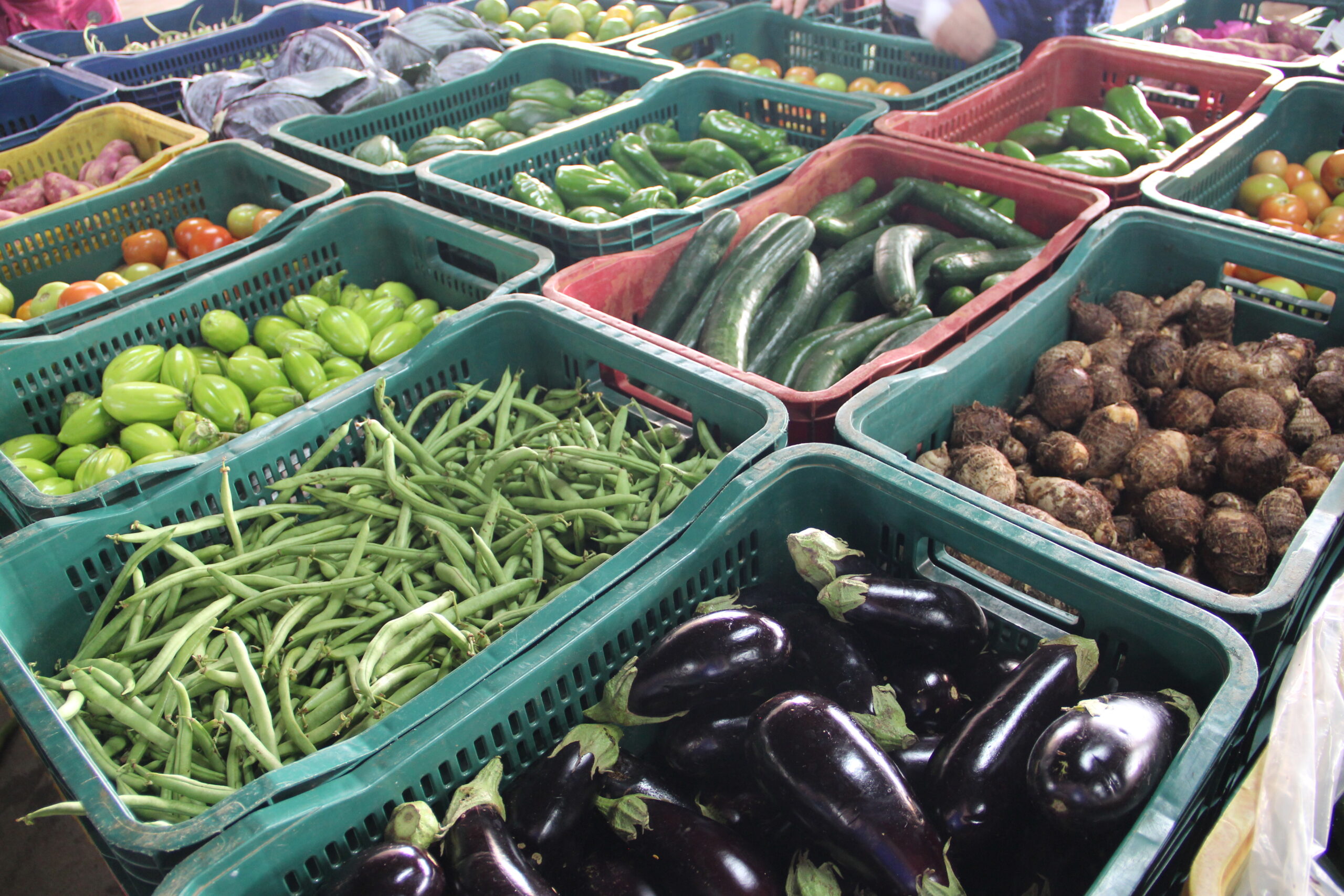
The Nurture the Future Project will be concluded with the presentation of recommendations for tackling malnutrition on 10th September during the 6th National Research Meeting on Food and Nutrition Sovereignty and Security (6th ENPSSAN), which will take place at the State University of Rio de Janeiro (RJ).
A partnership between the Brazilian Cooperation Agency (ABC), the WFP Centre of Excellence against Hunger in Brazil and the Ministries of Health of Brazil, Colombia and Peru, the Nurture the Future Project promoted the exchange of experiences and the identification of joint actions to combat malnutrition in the three countries.
The event will see the launch of the publication “Tackling the Multiple Burden of Malnutrition” and a brief presentation of results, challenges and perspectives on nutrition and food actions in each country.
“When we talk about malnutrition, we must consider a set of different aspects, such as malnutrition, mineral and vitamin deficiencies, consumption of ultra-processed foods, overweight and obesity, diseases such as hypertension and diabetes and even the conjuncture of social and economic factors,” explains nutritionist Eliene Sousa, one of the project coordinators at the WFP Centre of Excellence against Hunger in Brazil.
This set of elements is called the multiple burden of malnutrition. To tackle this problem, food and nutrition surveillance systems have been set up to monitor children between the ages of 0 and 5, for example, from early childhood onwards. This includes monitoring the mother during prenatal care, encouraging breastfeeding and then ensuring that the child has access to school meals.
“In Peru, this food and nutrition surveillance system is very efficient for its population. In Colombia, there is a policy to tackle micronutrient deficiencies, a common problem in all the countries of the region,” says Eliene.
Projects like Nourish the Future are strategic because they serve as a basis for creating and improving public policies in the area of nutrition, with a special focus on schoolchildren. For the Centre of Excellence, the strategy of carrying out a project like this in conjunction with other countries always brings positive results: on the one hand, the project promotes the exchange of experiences with solutions that can be common to all and, on the other, it makes it possible to re-evaluate nutrition programmes in order to improve them.
In addition to Eliene, the event in Rio de Janeiro will be attended by Riffat Iqbal, from the Brazilian Cooperation Agency (ABC), Kelly Alves, from the Ministry of Health’s General Coordination of Food and Nutrition, and representatives from the Peruvian and Colombian Ministries of Health.




